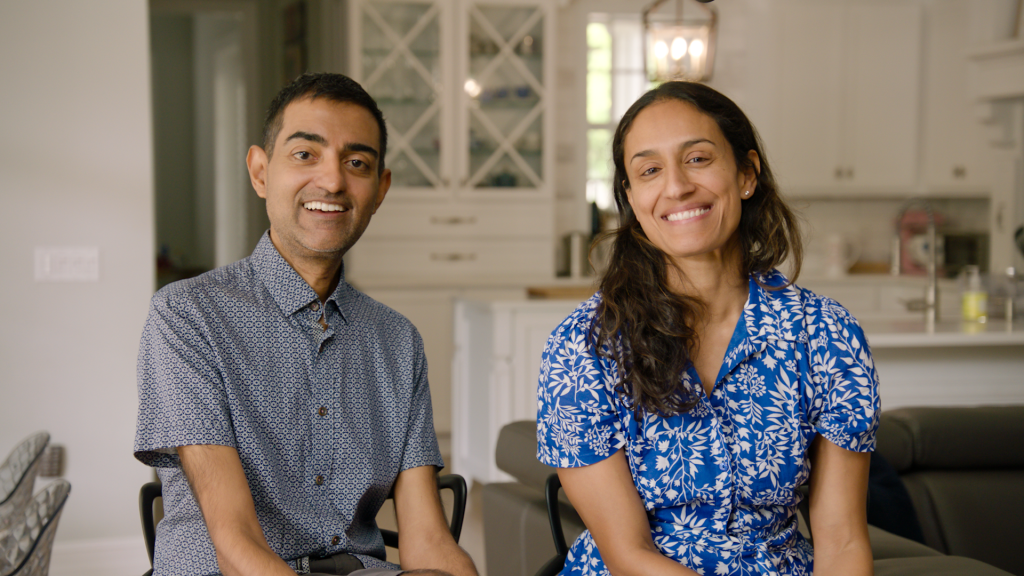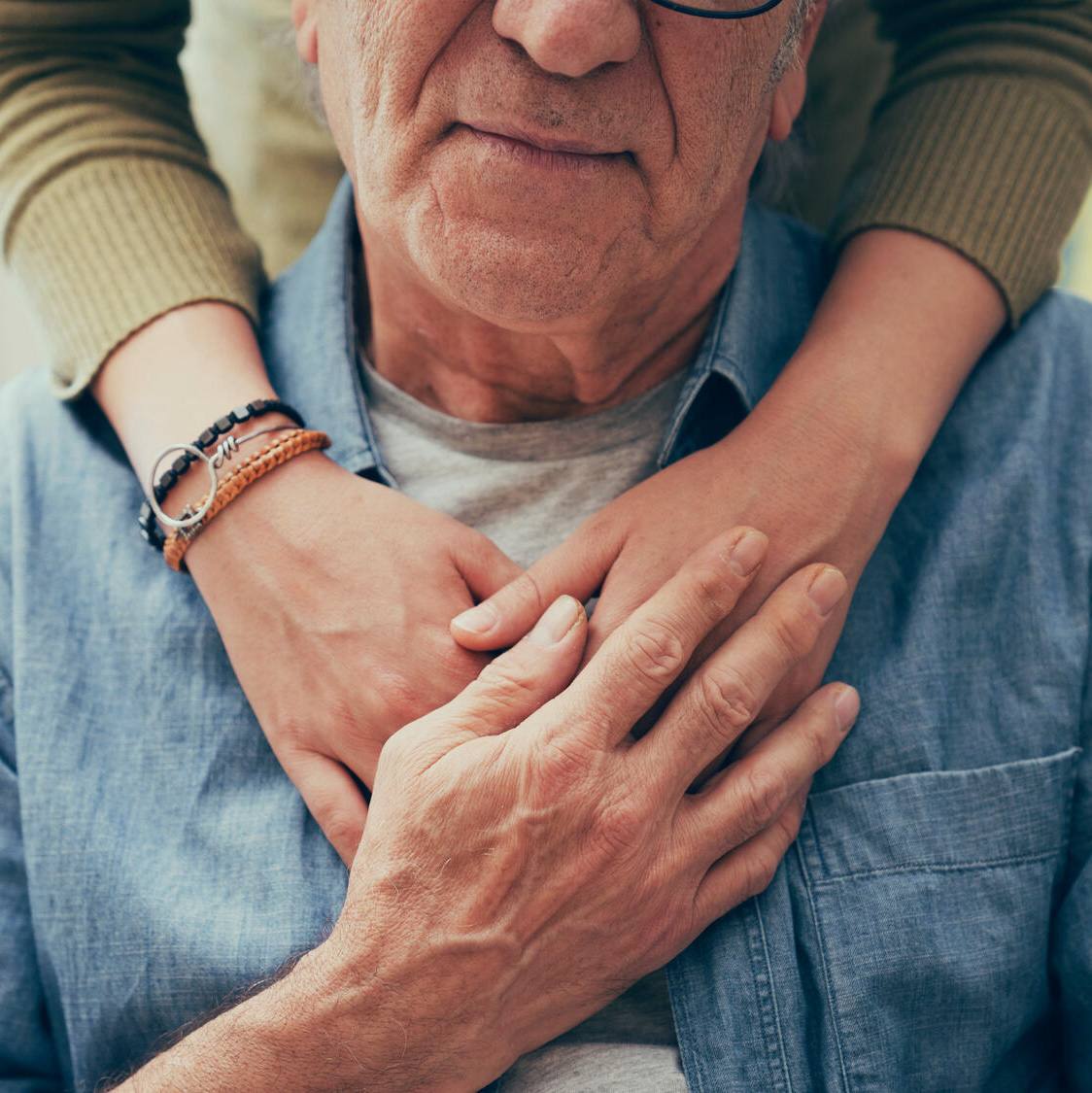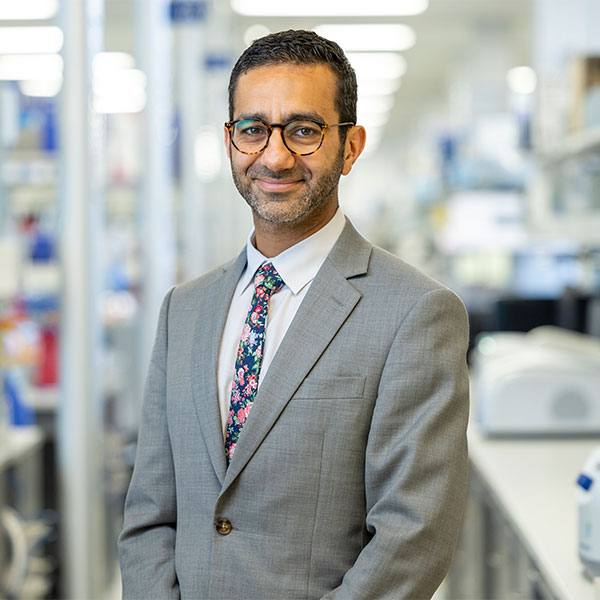-
Neurosciences
(VIDEO) Florida dad receives first-in-world ALS treatment

Before the sun rises at his home near Orlando, Florida, Rakesh Parekh, M.D., is already making the most of the day. He reviews patient notes and exercises before joining his wife, Tejal Parekh, in preparing their children for school. Time means a great deal to Dr. Parekh.
In 2020, he was diagnosed with amyotrophic lateral sclerosis (ALS) after muscle weakness began to affect his movement. ALS is a nervous system disease that affects nerve cells in the brain and spinal cord. Worsening over time, ALS affects control of the muscles needed to move, speak, eat and breathe.
Watch: Dr. Rakesh Parekh's story
Journalists: Broadcast-quality video pkg (2:16) is in the downloads at the end of the post. Please courtesy: "Mayo Clinic News Network." Read the script.
"You get this diagnosis, and, you know, within three to five years, you're no longer," says Dr. Parekh.
He was familiar with the disease long before his own diagnosis.
"My father lived with ALS," says Dr. Parekh. "I know time is of the essence."
Initially working with a care team closer to home, Tejal and Dr. Parekh were determined to find a way forward to preserve his quality of life and possibly help others, including their children, who have a chance of inheriting the gene mutation. The couple began messaging physicians, researchers and friends around the world. That's when they learned about the work of Dr. Bjorn Oskarsson, a Mayo Clinic neurologist.
"Dr. Oskarsson was recommended to us by a friend, and it was like finding a diamond in the rough," says Tejal Parekh.
A personalized approach
Dr. Oskarsson and colleagues at Mayo Clinic have spent their careers looking for answers and options for people diagnosed with ALS. A multidisciplinary care team met with Dr. Parekh in May 2021 and began tests to determine the best way forward.
"We worked with our outside partner to develop an individualized treatment made just for him," says Dr. Oskarsson.
The therapy aims to stop protein production by targeting the gene mutation and halting the progression of the disease. After nearly two years of testing and preparations, Dr. Parekh's first treatment was an injection in his spine in April 2024.
"He is the first person in the world to have received this treatment," says Dr. Oskarsson.
He would repeat the trip from Orlando to Jacksonville for the next two months, then placed on a three-month dosage.
"More than just ourselves, this would be a step forward for all the other people getting diagnosed with ALS; it would be something for them, hope," says Tejal.

One year after treatment started, the results are exciting to the Parekhs and Dr. Oskarsson.
"This is something that is truly new, and one day we will get there for everyone," says Dr. Oskarsson. "And when that happens, there's nothing that compares. It's a beautiful thing."
Back home, Dr. Parekh reflects on how this treatment has changed his outlook. His 25 years working in healthcare did not prepare him for what it would be like to receive care, let alone a therapy that may benefit his children one day.
"Not only has it made an impact on our lives, but honestly, it's made an impact on the way I practice because I realize now what patients need beyond healthcare," says Dr. Parekh.







